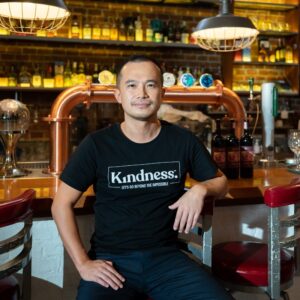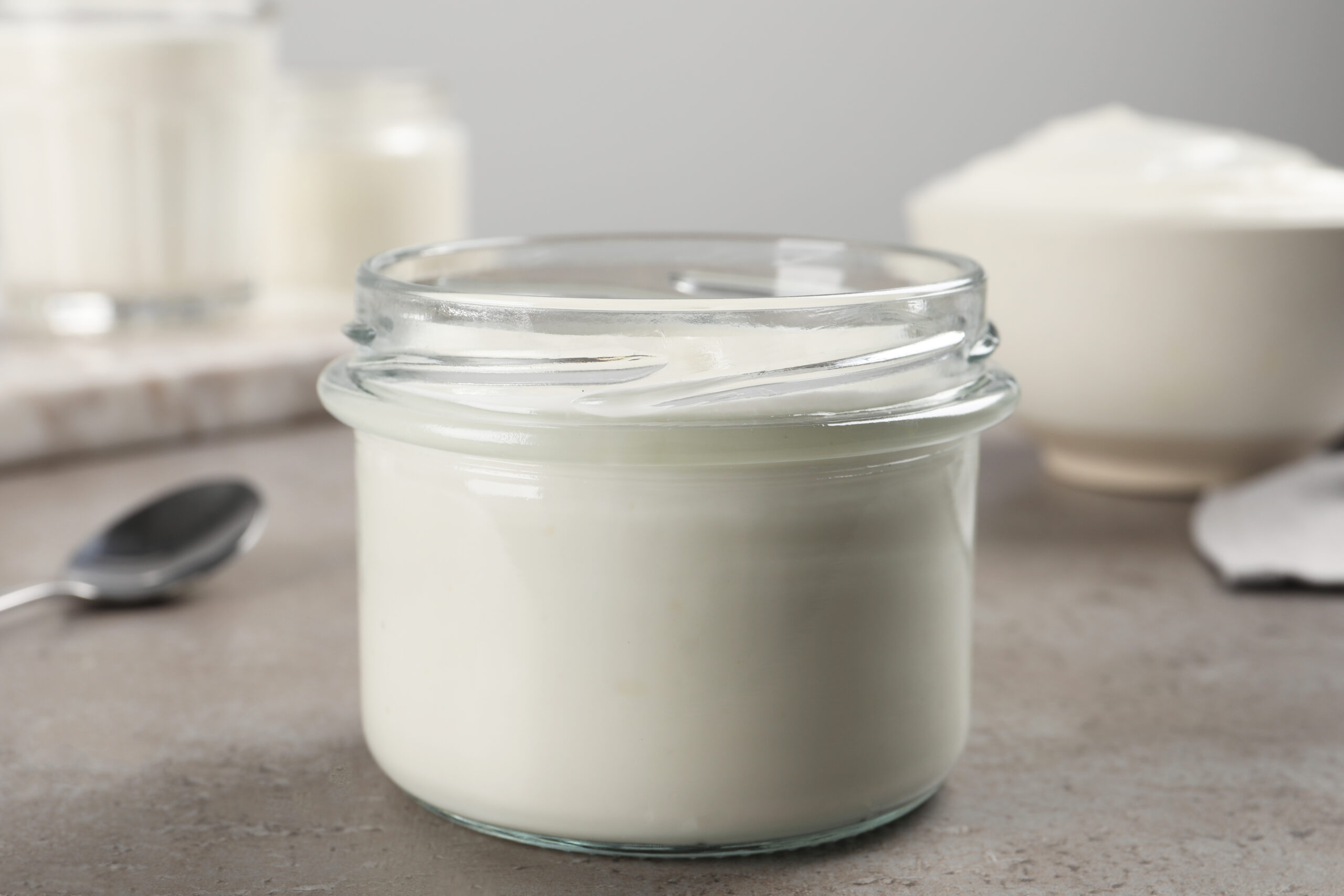Based in Thailand, the company says its founders have more than 30 years of plant-based food production between them, and have developed products with a myriad of textures and flavours.
Kindness recently held its first sampling night for professionals in the food industry following two years of research and development. Already the firm has 300 unique formulas that are ready to go into production, meaning that partners could, it says, capitalise on the growing market for alternative proteins.
Mike Yang, the co-founder and CEO, said the firm was already in talks with a number of companies about potential tie-ups. “We’re honoured to be in discussion of collaborations with multiple start-up brands and established brands across the globe,” he said.
“We see the ‘made with Kindness’ label on all products that feature our formulation, and we know the ‘Kindness’ movement is well underway.”

In a statement, the company said that it was keen for partners and investors to provide customers “with a range of standout choices” rather than “throwing all their efforts into the same span of products”.
Currently, Kindness said it was more typical for firms to offer similar products to one another based on a limited range of ingredients, including soy, wheat, konjac and pea protein. A wider range of plant-based products will, Kindness said, increase competition for animal protein, leading to more rapid changes in people’s diets.
At the moment, only around one per cent of the global protein market is plant-based, with animals proteins dominating, Kindness has highlighted. However, more consumers are said to be switching to alternative proteins as a result of environmental and animal welfare concerns.
Mr Yang himself said he decided to stop eating animals as a result of fishing trips when he was young, with one incident in 1998, when a snapper fish had been caught, sticking in his memory.
“As I watched the fish lying in a shallow puddle of water in the laundry sink gasping for air and waiting to be gutted, I had my epiphany, my lightbulb moment: sacrificing another life for my own pleasure no longer makes sense. That was the last piece of meat I ate,” he said.

All of the products developed by Kindness are high in protein and fibre, according to the company, and have low carbohydrate content and are free of GMOs. No antibiotics or hormones are contained within them, the firm said, and everything is either vegan or vegetarian. “The brand strives for variety, desirability, affordability, accessibility and a superior taste,” the company said.
By 2030, according to figures from Kindness, the global alternative protein market will be valued at at least $150 billion. Other analyses have given very different figures, with a report last year from The Brainy Insights forecasting that the market would be worth around $33.75 billion by the end of the decade.




